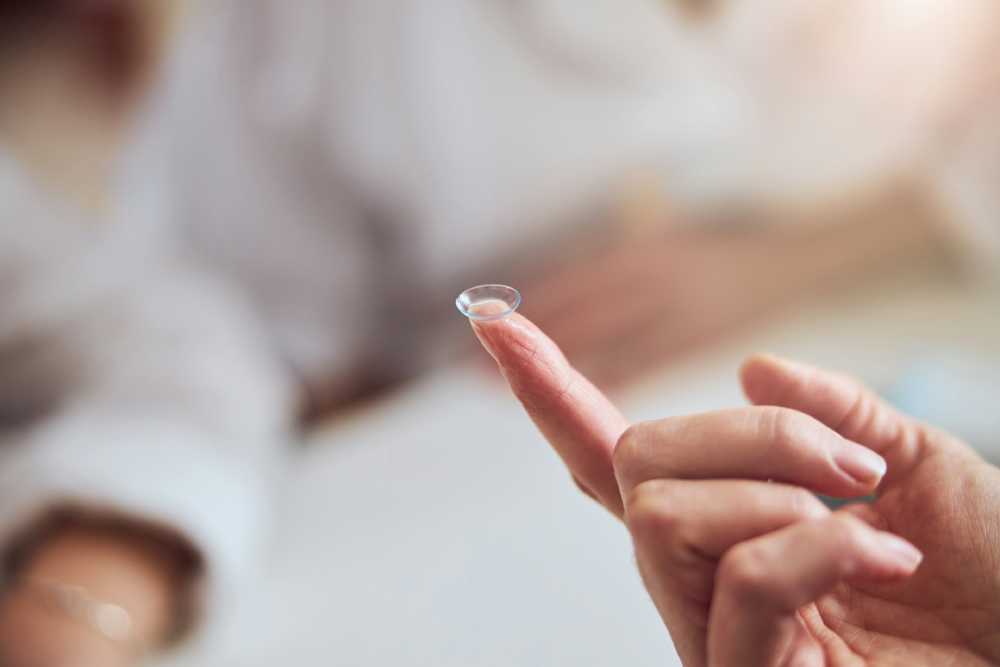Contact lenses are helpful accessories that can genuinely change your everyday life. Even if you’ve worn eyeglasses before, switching to contacts can make a remarkable difference. Many people prefer contacts because they provide a full field of vision improvement without getting in the way.
While contact lenses are undeniably helpful, it’s important to acknowledge that they do present some risks. Chief among those risks is the possibility of developing an eye infection. You can quickly visit a facility like EYES Optometry Kingsville to receive treatment for any infection related to wearing contact lenses. Still, it would be best to avoid those infections in the first place.
Learn more about eye infections that may develop from using contact lenses and how to avoid them by continuing below.
What Eye Infections Can You Develop From Wearing Contact Lenses?
Improper usage of contact lenses can lead to an eye infection. Keratitis and conjunctivitis are among the eye infections wearers should be wary about.
Starting with Keratitis, the University of Michigan notes that this is the most common infection people develop from using contacts. Keratitis is not a condition anyone should underestimate. If you fail to address the aforementioned condition with appropriate urgency, it could eventually cause vision loss.
The other symptoms of keratitis can also be quite troublesome. Those symptoms include blurred vision, eyestrain, and an increased sensitivity to light. Dealing with the discomfort caused by keratitis can be a nightmarish ordeal.
Apart from keratitis, frequent wearers of contact lenses should also worry about conjunctivitis. Conjunctivitis is a condition many people know better as pink eye.
According to the CDC, some people may develop an allergic form of conjunctivitis from wearing contacts or being exposed to the lens solution. Conjunctivitis may not threaten your eyesight as keratitis does, but it’s a difficult condition to deal with nonetheless.
Your eyes may become irritated, and your eyelids may swell up due to conjunctivitis. The discharge caused by conjunctivitis can also make it harder to open your eyes. The quality of your vision may also be affected, albeit temporarily.
How Are Eye Infections Caused by Wearing Contact Lenses Treated?
You must seek treatment immediately if you’re dealing with keratitis, conjunctivitis, or a different eye infection from using contact lenses. Consult local eye doctors so they can quickly administer appropriate treatment for your particular condition.
Treatment for keratitis usually involves the usage of artificial tears. You may have to use the artificial tears for a while to alleviate your symptoms. In more severe cases of keratitis, eye doctors may prescribe antibiotics. You’ll likely have to stop wearing your contact lenses for a while if you have an eye infection. Refer to your doctor’s advice regarding when you can start using them again.
How Can You Avoid Eye Infections Caused by Wearing Contact Lenses?
An experienced optometrist can quickly diagnose and treat the infection affecting your eyes, but avoiding it in the first place remains ideal. So, how can you avoid developing an eye infection from using contact lenses?
First off, you shouldn’t use contacts that feel uncomfortable. If your contacts don’t fit well or cause discomfort in other ways, you should seek replacements.
You must also follow all the instructions provided by your eye doctor. Heed their advice regarding wearing, storing, and cleaning your contact lenses. At some point, you may also need to replace the storage case for your contacts.
Returning to the optometrist for future consultations is also essential for long-term eye health. You should undergo additional eye exams to determine if your contacts fit you properly. Don’t dismiss any discomfort you experience, even if you’ve been using the same contacts for a while. That discomfort may be an indicator that you need new lenses.



